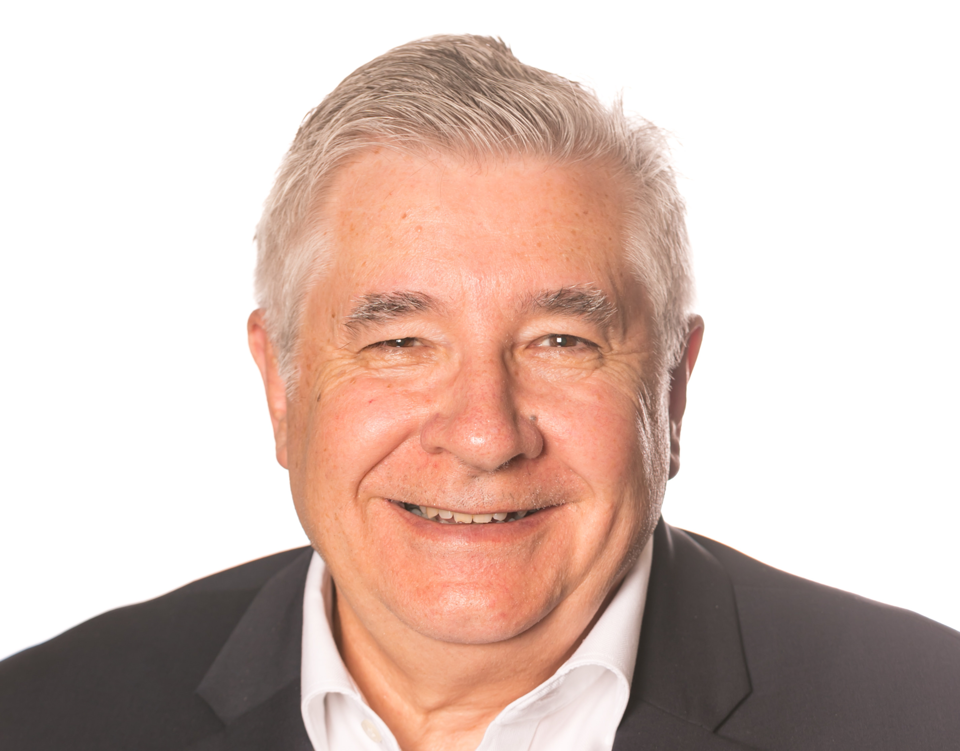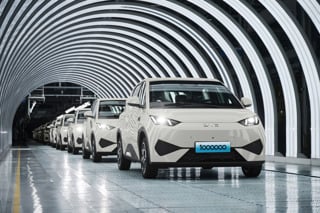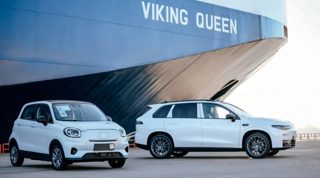When Ola Källenius, the CEO of Mercedes–Benz, announced in early March this year that the EU should cut tariffs on Chinese electric cars I almost choked on my breakfast.
He argued in an interview with the Financial Times that the EU should not raise tariffs and said: “I'm a contrarian, I think go the other way around: take the tariffs that we have and reduce them … that is the market economy. Let competition play out."
His case is based on economic theory that goes back to Adam Smith, who explained how self-interest in a free-market economy can lead to overall economic well–being.
It is a fundamental basis on which capitalism is built.
Unfortunately, the theory doesn’t hold up in an economic system where the market is not free, and the players involved play by different rules. The EV car market is distorted by the involvement of the Chinese Government who have systematically worked their way into a position of dominance in both battery manufacture but also raw material supplies.
This is not a company growing from scratch this is one of the largest countries exercising its economic and political power to gain commercial influence globally. The Belt and Road strategy into Africa has guaranteed a supply chain which means that China controls somewhere between 80-95% of the world’s supply of batteries.
MG (SAIC) is owned by the Chinese Government and the Communist Party. Under Chinese law all companies must work for the benefit of the country not necessarily for profit.
The EU investigation is to try to get a measure on how much the Chinese Government is subsidising this process.
Ironically when European car companies wanted to enter the Chinese market some years ago, they had to do so as joint ventures, ensuring that the intellectual property was shared with a Chinese partner.
On top of this the FT reported on Feb 14 that thousands of Porsche, Bentley & Audi cars had been impounded at US ports after VW found a Chinese subcomponent in the vehicles that breached anti-forced labour rules. The UN’s top human rights body has said that China’s actions may constitute ‘crimes against humanity.’
However, German carmakers such as Mercedes-Benz and Volkswagen have pushed back against the EU's ongoing probe even though China has a 15% tariff on foreign cars entering the country while the EU only imposes a 10% on Chinese ones coming in the opposite direction.
Let’s get real about this argument - China accounts for over a third of Mercedes-Benz's worldwide sales, while it also signed a deal with BYD last year to use the Chinese company's LFP Blade batteries in its own EVs.
This is not about free market economics, but it is about self-interest, and it is obvious where that lies.



















Login to comment
Comments
No comments have been made yet.